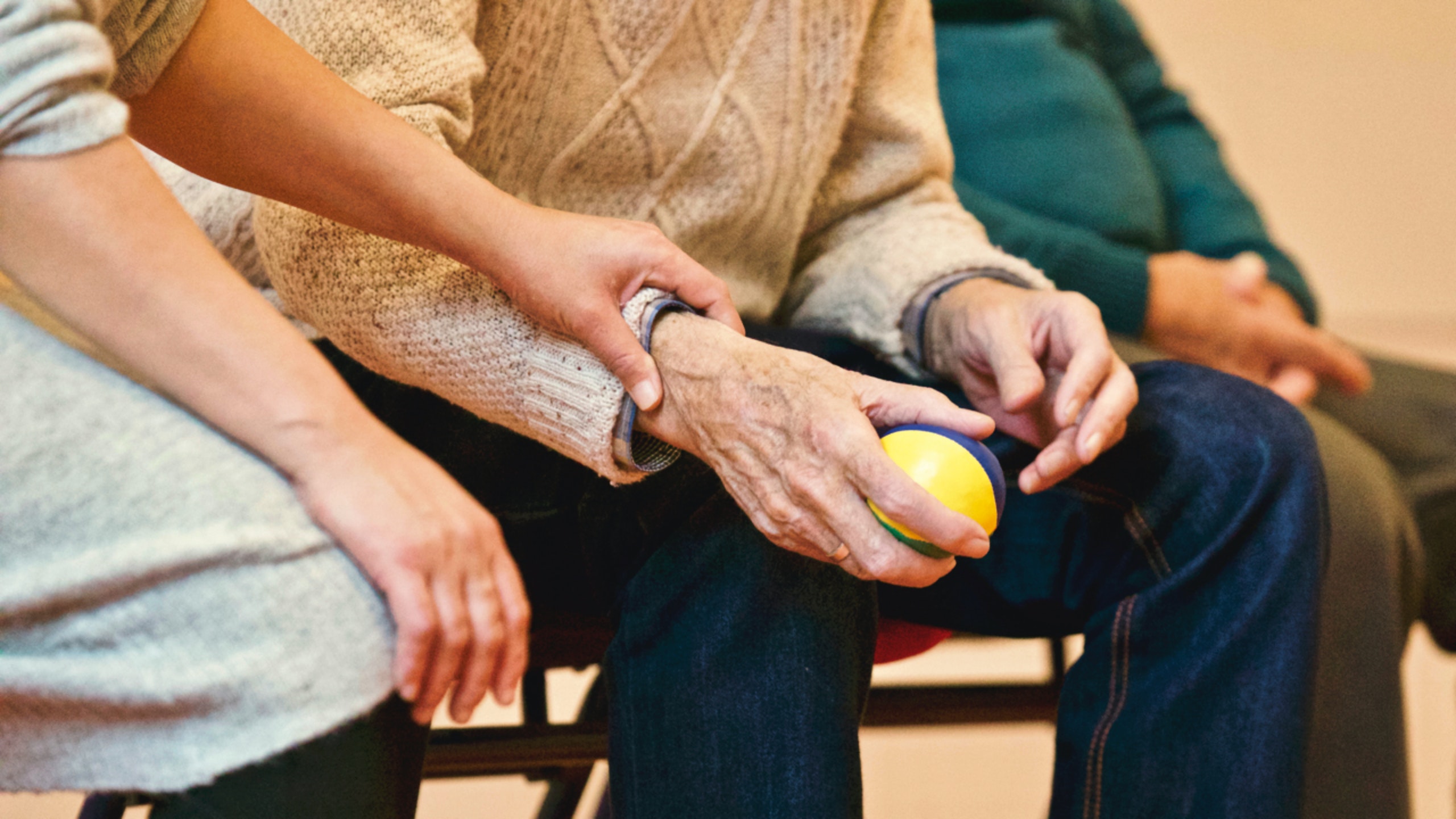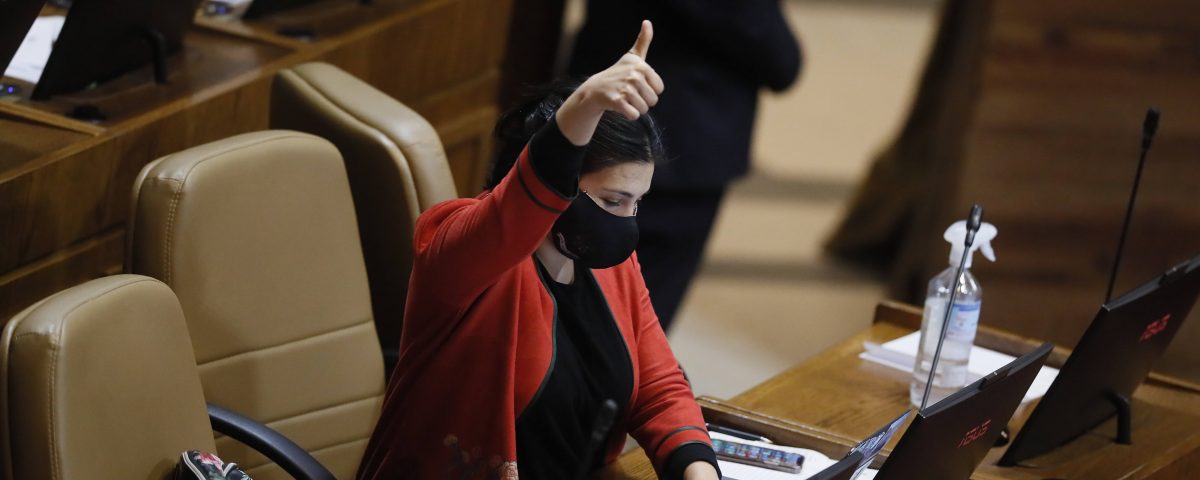
Caregivers in the Crossfire: When Natural Disasters and COVID-19 Collide
October 13, 2021
Migrant Home Care Workers in Manitoba: An Invisible and Critically Underserved Pillar of Manitoba’s Pandemic Response
January 7, 2022By Silke Staab, UN Women
As the world reckons with the fallout of COVID-19, growing inequality and accelerating climate disasters, the need for a shared plan to recover and transform economies and societies has never been clearer. UN Women’s new flagship report “Beyond COVID-19: A Feminist Plan for Sustainability and Social Justice” provides a roadmap for addressing these challenges while recovering the ground that’s been lost on gender equality and women’s rights. Drawing on the latest available data and the contributions of over 100 experts from academia, civil society and the UN system, it provides a vision and concrete pathways for putting gender equality, environmental sustainability and social justice at the centre of economic recovery and transformation.
The report draws attention to a trio of interlocking crises that systematically undermine gender equality and threaten the survival of people and planet. A jobs and livelihoods crisis that has pushed large swathes of people behind and increased their vulnerability to shocks. A global care crisis that has left millions of children and care-dependent adults without the support they need while imposing harsh choices and enormous costs on women and girls. And an accelerating environmental crisis that is taking a disproportionate toll on the poorest countries and the most marginalized women and girls who have least contributed to the problem. These crises are deeply rooted in an economic system that fails to value, protect, nourish and invest in what’s essential. Care for people and for the natural environment, although distinct, have much in common: they largely take place outside of markets, they produce public goods whose benefits extend beyond individuals and across generations, and they are essential for the functioning, sustainability and survival of economies and humanity at large.
Rather than shoring up a broken system that systematically undervalues these contributions, the report calls on governments and other stakeholders to seize the COVID-19 recovery to do things differently. This includes a paradigm shift with regards to the care economy whereby: care is no longer reduced to a commodity, a personal choice or a family obligation – but recognized for what it is: a public good that generates benefits that extend beyond the individual care recipient to societies at large and into the future; where societies stop freeriding on women’s unpaid and underpaid labor, and collectively assume the costs of quality care for all; and where workers in the care sector enjoy equal pay for work of equal value, with value being redefined to recognize social contributions, not merely market-based rewards.
Such a paradigm shift is not engineered and put into practice overnight. But there are key levers that can be activated as part of COVID-19 recovery that would move in the right direction. First on is financing: there is a need to clearly label public spending on care as an investment. Spending on care has strong economic multiplier effects that can be harnessed for a job-rich, people-centered recovery. In the OECD, for example, investments in a reformed care sector would create 40-60% more jobs than the same investments in construction.
Second, accountability: there is a need to reassess partnership models for care service delivery based on whether they enable broad-based, affordable access to quality care and adequate working conditions for paid care workers. The evidence that partnerships with private-for-profit sector often to deliver on these fronts, while keeping the non-profit sector at arm’s length is often part of low-road strategies that exploit women’s unpaid and underpaid labour. Instead, national and local governments must support non-profit and community-based organizations as part of a high-road strategy for the expansion of care services that are aligned with local realities and the needs of marginalized groups.
Last but not least, politics: historical and recent examples show that it takes broad-based coalitions to put care onto the political agenda and hold policymakers accountable for ensuring progress. In the 1970s, it was the joint mobilization of researchers, trade unionists and gender equality advocates across political parties that placed the massive expansion of childcare services and progressive parental leave reforms onto the political agenda in Sweden. Forty years later, a similar constellation of actors achieved the creation of an Integrated National Care System in Uruguay that pursues a range of policies to guarantee the rights of care-dependent persons, paid care workers and unpaid caregivers. In New Zealand, the human rights body, trade unions and women’s organizations came together to challenge the historical undervaluation of work in the care sector – with a landmark pay equity settlement for long-term care workers in 2017 and an amendment to the Equal Pay Act in 2020, dispensing with a narrow definition of “equal pay for equal work” and replacing it with the broader provision of “equal pay for work of equal value”. None of these examples are perfect and their evolution over time points to the need of continued vigilance in terms of proper resourcing and implementation. But they show that collective action, strategic alliances and networking with political insiders can overcome resistance and make change happen.
Amongst all the devastation that COVID-19 has caused, it has also created an opening for new understandings of the essential nature of care. UN Women’s Feminist Plan makes concrete proposals for turning this rhetoric into actions, for the benefit of all.


